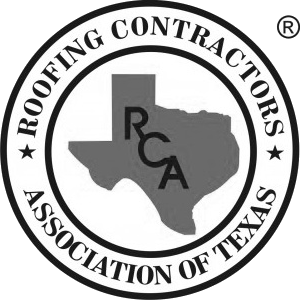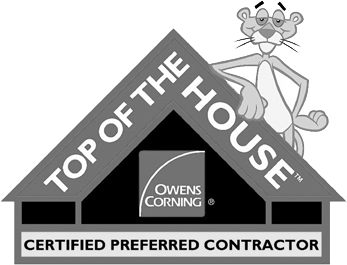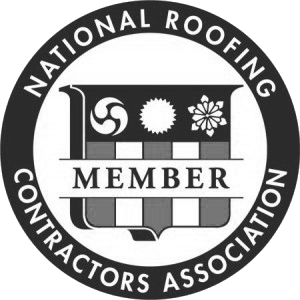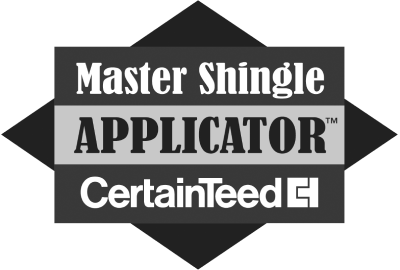Roof Materials
Slope Roof Materials
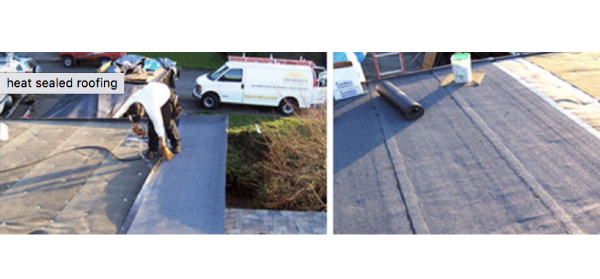
Low Slope Roofs (2:12 to 4:12)
Low slope roofs open up more style options. You can install a water proof membrane like the products used on flat roofs or you can Install certain types of metal roofing. A popular replacement choice for this roof type is asphalt composite shingles, with some stipulations, depending on the slope, and how the system is designed asphalt shingles can be used. There are metal panels that some low slope applications can be utilized as well.
Conventional to Steep Slope Roofs (Greater than 4:12)
Conventional, higher and steep slope roofs open up a much wider selection of style. From Metal, Concrete or Clay tiles, Asphalt Composite, Synthetic Shakes or Slate, Wood Shakes or Shingles, even Real Slate roofing… Your options are wide open.
Flat Roof Materials
Flat Roof (1/4:12 to 2:12)
If you have a Flat Roof the selection of styles is lessened in favor of performance. The reason for this is that when water has less gravity to aid it for a positive drainage using gravity it is more likely to find a way in. Therefore it is necessary to install a membrane that is bonded together creating a water proof seal. Some of the popular material types are Fiberglass, Asphalt Roofing, Heat Sealed Roofing Membrane, PVC/TPO Membrane, and EPDM Rubber Membrane.
Fortunately, the industry has learned that all flat roofs need to have a positive drainage and have developed many products such as tapered board to achieve maximum capability of these product styles for these roof types to meet codes and new manufacturer installation requirements if one’s roof has no positive drainage. A lot of flat roofs usually only last 2-10 years; The reason for this is that when water is not aided by gravity to run off it is more likely to find a way in; However, those same materials now with a slight slope can double in their life expectancy… if not more than double. Depending on your roof, depends on the requirement you should want to create for a long lasting flat roof.

PVC/TPO Roofing
The PVC (polyvinyl chloride) product is a reinforced membrane with tough solvent-or hot-air welded seams. This material has excellent durability and dimensional stability. The TPO (thermoplastic polyolefin) product advances the category yet another step by combing the hot-air welding benefit of PVC with the greater flexibility and weatherability benefits of EPDM, the more traditional single ply material. Both PVC and TPO are aesthetically pleasing, lightweight, highly reflective, and are tear resistant.
Below you will notice applying pvc with heat gun and pressure.


